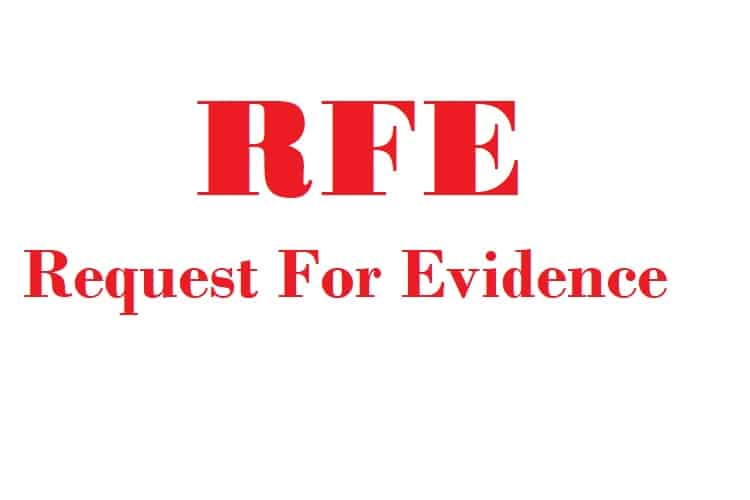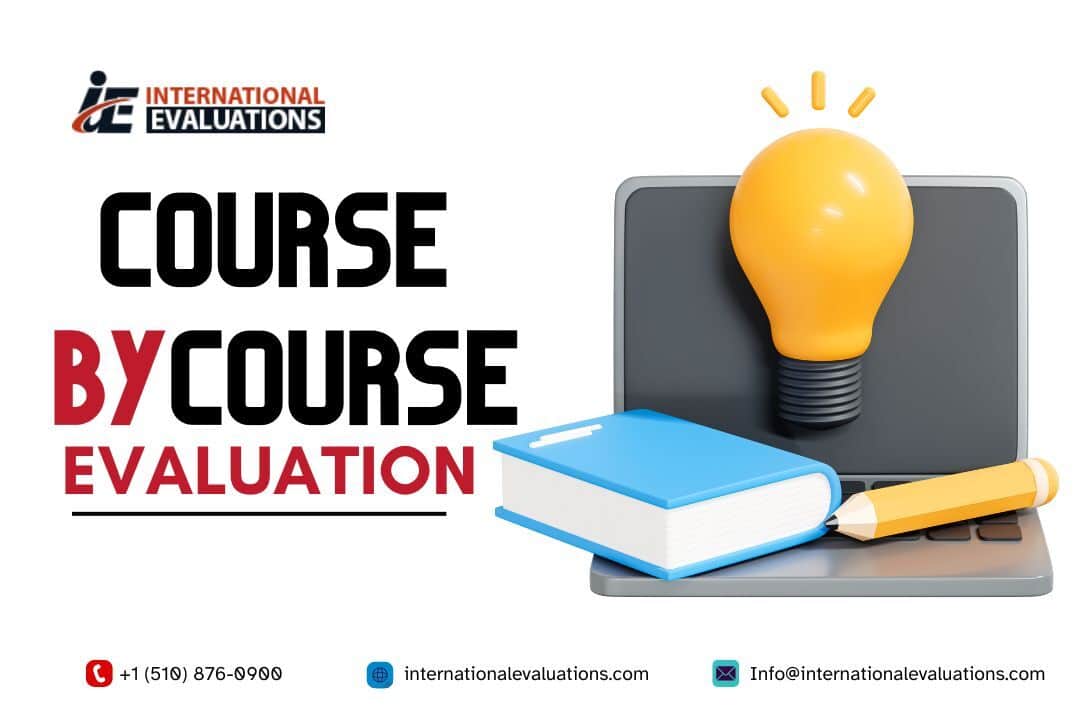Introduction
In a significantly interconnected world, the significance of scholastic credential examinations can not be overemphasized. As people look for chances beyond their home nations-- be it for education, work, or expert licensing-- the requirement for accurate and reasonable assessments of their certifications ends up being critical. The procedure of academic credential evaluation serves as a bridge between differing instructional systems, making sure that certifications are recognized and valued appropriately.
This comprehensive short article will explore the intricacies of guaranteeing fairness and precision in academic credential assessments globally, checking out various elements including approaches, obstacles, and finest practices. We will also examine the role of worldwide credential examination services, course-by-course examinations, work experience evaluations, expert opinion letters, and company plan evaluations in facilitating this vital process.
Understanding Academic Credential Evaluation
What is Academic Credential Evaluation?
Academic credential evaluation is a systematic process that evaluates the equivalency of instructional credentials obtained in one country compared to those in another. This examination can significantly impact a person's opportunities in higher education admissions, job placements, or professional licensing.
Why is Academic Credential Examination Important?
The significance lies in its capability to supply clarity to companies, educational institutions, and licensing bodies regarding a candidate's certifications. By standardizing evaluations throughout varied academic backgrounds, it minimizes the threat of biases based on unfamiliar academic systems while promoting fairness.

The Role of International Credential Evaluation Services
International credential assessment services (ICES) play a pivotal role by serving as intermediaries who assess foreign instructional qualifications. These organizations utilize knowledgeable critics who are well-informed about various instructional systems worldwide.
Benefits of Using Global Credential Examination Providers:
- Expertise: They possess specialized understanding about numerous instructional systems. Credibility: Acknowledged assessments enhance the legitimacy of candidates' credentials. Comprehensive Reports: They supply comprehensive reports that summary equivalencies and suggestions customized to particular needs.
Types of Academic Credential Evaluations
Course-by-Course Credential Evaluation
A course-by-course credential evaluation provides comprehensive analysis at the course level rather of just summarizing degrees or diplomas. This type is especially beneficial for individuals seeking admission to higher education organizations or those requiring precise information for licensing purposes.
Key Functions:
- Detailed breakdown of courses taken Grades received Credit hours converted to comparable systems
Work Experience Evaluation
While formal education is essential, numerous specialists possess significant work experience that contributes to their certifications. A work experience examination examines this useful experience against established standards.
Importance:
- Validates abilities acquired through employment Offers insights into professional readiness Can enhance a person's standing when making an application for jobs or more education
Expert Opinion Letter
An expert opinion letter is frequently utilized when standard documents can not be provided. It provides insights from a qualified evaluator concerning the credibility and importance https://jsbin.com/ronuzuleta of a candidate's credentials or experience.
Usage Scenarios:
- Unusual academic paths Non-traditional qualifications Gaps in official education documentation
Business Strategy Evaluation
For business owners wanting to expand worldwide or looking for funding based upon their academic credentials and experiences, a company plan examination assesses not only the business's practicality however likewise how academic achievements support entrepreneurial endeavors.
Challenges in Academic Credential Evaluations
Variability Throughout Educational Systems
One major obstacle depends on the fundamental distinctions between international educational systems-- what makes up a bachelor's degree in one nation might not align with another's requirements. This can lead to disparities in examinations if not carefully managed.
Fraudulent Credentials
With the rise in demand for quick evaluations comes a boost in deceptive files. Evaluators should be vigilant versus counterfeit diplomas and records while adhering to ethical standards.
Cultural Biases
Cultural predispositions can inadvertently influence critics' understandings of foreign qualifications. It is vital for critics to go through training that promotes cultural skills and awareness.
Best Practices for Making sure Fairness
Establishing Clear Guidelines
Establishing clear standards and standardized procedures can alleviate inconsistencies. Regulative bodies must offer structures that worldwide credential evaluation services should follow.
Continuous Training for Evaluators
Regular training sessions focusing on updates in worldwide education systems guarantee critics remain existing with trends and modifications affecting academic qualifications worldwide.

Utilizing Technology
Leveraging technology such as AI-driven algorithms can improve effectiveness while also flagging possible inconsistencies during evaluations-- an important action towards maintaining accuracy.
Ensuring Fairness and Accuracy in Academic Credential Evaluations Globally
To successfully guarantee fairness and accuracy internationally within academic credential assessments requires collaboration among nations, regulative bodies, and examining organizations. Each stakeholder plays a crucial function:
Governments: Develop policies that recognize foreign credentials. Educational Institutions: Deal with critics to comprehend foreign degrees better. Evaluators: Maintain transparency throughout their processes. Candidates: Ensure they present authentic documents accurately reflecting their experiences.By cultivating open communication channels amongst these groups, we can create a more fair landscape for all parties involved in academic credential examinations globally.
Emerging Trends in Academic Credential Evaluations
Online Knowing Credentials
As online learning gains appeal, there's a growing requirement for examining non-traditional learning environments such as MOOCs (Enormous Open Online Courses). Comprehending how these fit into standard structures presents new chances-- and difficulties-- for evaluators.
Micro-Credentials
Micro-credentials signify specific skills instead of entire degrees. As markets develop rapidly due to technological developments like automation or AI integration into different sectors; understanding how micro-credentials translate into conventional qualification structures ends up being pivotal.
Frequently Asked Concerns (Frequently asked questions)
What is an academic credential evaluation?- A scholastic credential evaluation methodically compares foreign academic qualifications with those recognized domestically to guarantee proper recognition across varying systems.
- Credentials are typically needed by companies or universities to confirm certifications before employing or admitting candidates from other countries.
- The timeline differs depending on the organization however normally varies from a couple of days up to several weeks based upon complexity.
- Common types include course-by-course examinations, work experience evaluations, skilled opinion letters, and business plan evaluations.
- Most reputable assessing agencies have procedures for appeals if you think your examination was inaccurate; it's important initially to examine their particular guidelines.
- Yes! Numerous trusted companies assess online courses; however; it depends on each institution's policies relating to acceptance criteria for online learning experiences.
Conclusion
In conclusion, guaranteeing fairness and accuracy in academic credential assessments globally is not merely a governmental need; it's basic for building trust across borders while empowering people pursuing chances worldwide through confirmed achievements. By addressing obstacles head-on with robust practices tailored towards developing landscapes-- like technological shifts-- we stand poised not just to acknowledge benefit but champ equality among varied populations striving towards shared objectives throughout our international society!
